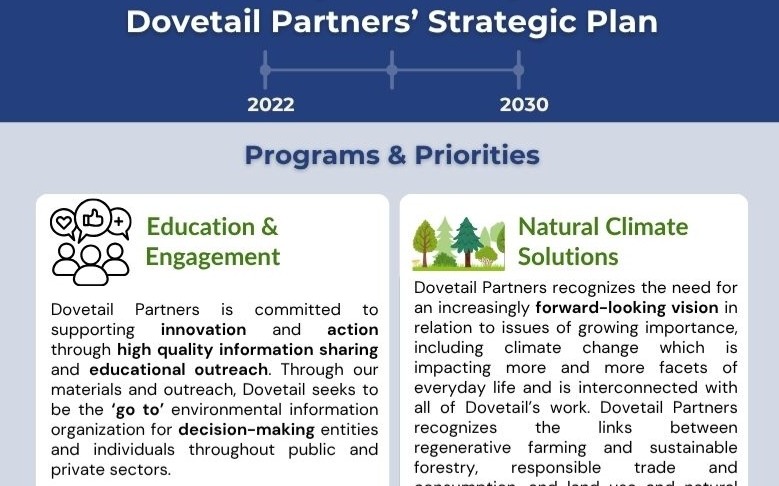Tropical timbers are valuable in many applications, which is why they have been traded internationally for centuries. Egyptian craftsmen imported tropical woods before 3000 BC. Like temperate forests, tropical forests can be managed sustainably to produce a continuous array of wood and non-wood goods and services. But they are not universally managed sustainably, and the majority of the world’s deforestation occurs between the Tropic of Cancer and the Tropic of Capricorn.
The rise in awareness of the extent of continuing deforestation and degradation has directly impacted the tropical timber trade. Government, industry, and non-governmental institutions and organizations working independently and in concert have taken steps to assure continued, sustainable and legal trade. Despite some positive results, problems remain. Governments have enacted policies to ensure legality and sustainability coupled with enforcement mechanisms and stiff penalties for non-compliance. Companies, in turn, have sought to exercise due diligence, seeking documented assurance of legality of shipments. Lacking such assurance, some tropical timber users have begun to substitute temperate species or non-wood products. Combined, these market reactions and government policies have had both positive and negative impacts on the tropical timber trade.
Tropical timber’s attributes have driven demand and thus trade by consumers. Producers in tropical countries can gain economic benefits of exporting their wood resources, especially when processing and exporting value-added products. Social benefits of sustainable production and sustained markets can be realized for people living and working in forests through the transport, processing and exporting chain.
This report explains the value of tropical timber trade for producers and international consumers. It delves into the impacts of market forces and government policies which are intended to ensure legal and sustainable supply. And the report concludes with opportunities for producers and consumers to continue trading tropical wood and paper.
- Lead AuthorPepke
- DateJanuary 2018
- CategoryEnvironmental, Forest products, Forestry, Wood
- Project FileDownload


.png)
.png)


